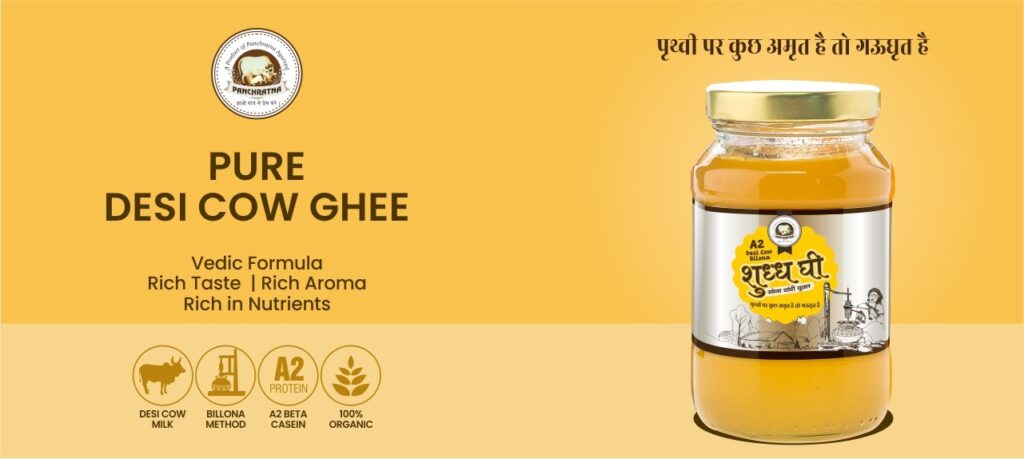A2 Cow Ghee vs. Other Cooking Oils: A Comprehensive Comparison of Health Benefits, Culinary Uses, and Cooking Methods
Introduction:
Choosing the right cooking oil is essential for maintaining a healthy diet and achieving optimal culinary results. In this article, we’ll compare A2 cow ghee with other popular cooking oils, including olive oil, coconut oil, and vegetable oil, examining their respective health benefits, culinary uses, and considerations for different cooking methods. By understanding the unique characteristics of each oil, you can make informed choices to enhance your cooking and overall well-being.
Exploring A2 Cow Ghee:
- Health Benefits: A2 cow ghee is rich in healthy fats, vitamins, and antioxidants, making it a nutritious choice for cooking and baking. It is believed to support digestion, boost immunity, and promote cardiovascular health.
- Culinary Uses: A2 cow ghee has a high smoke point, making it suitable for high-heat cooking methods such as frying and sautéing. It adds a rich, nutty flavor to dishes and is commonly used in traditional Indian cuisine.
Comparing with Olive Oil:
- Health Benefits: Olive oil is renowned for its heart-healthy monounsaturated fats and antioxidant properties, which may help reduce inflammation and lower the risk of chronic diseases.
- Culinary Uses: Olive oil is prized for its delicate flavor and is often used in salad dressings, marinades, and light sautéing. Extra virgin olive oil is best enjoyed in its raw form to preserve its delicate aroma and nutritional benefits.
Contrasting with Coconut Oil:
- Health Benefits: Coconut oil is rich in medium-chain triglycerides (MCTs), which are easily digested and may provide a quick source of energy. It is also lauded for its antimicrobial and anti-inflammatory properties.
- Culinary Uses: Coconut oil has a distinct tropical flavor and is commonly used in baking, stir-frying, and as a dairy-free alternative in vegan recipes. It solidifies at cooler temperatures but liquefies when heated.
Comparing with Vegetable Oil:
- Health Considerations: Vegetable oils such as soybean, corn, and canola oil are often highly processed and may contain unhealthy trans fats and omega-6 fatty acids in excess. Opting for unrefined or cold-pressed varieties can minimize these risks.
- Culinary Uses: Vegetable oils have a neutral flavor and high smoke point, making them suitable for a wide range of cooking methods, including frying, baking, and salad dressings. However, their potential health risks should be taken into account.
Considerations for Cooking Methods:
- High-Heat Cooking: A2 cow ghee, coconut oil, and vegetable oils with high smoke points (e.g., avocado oil) are suitable for frying, sautéing, and deep-frying.
- Low-Heat Cooking: Olive oil and other delicate oils are best used for light sautéing, salad dressings, and drizzling over cooked dishes to preserve their flavor and nutritional benefits.
Conclusion:
In conclusion, the choice between A2 cow ghee and other cooking oils depends on your individual dietary preferences, culinary needs, and health considerations. Each oil offers unique flavors, nutritional profiles, and cooking properties, allowing you to diversify your culinary repertoire and enjoy a balanced diet.

For More Details And Inquiry For Retail and Bulk Contact Below
Haresh Thakar
Whatsapp +919979055055
Email. gaaymaata@gmail.com
Link to buy this products: https://panchratnaayurved.com/product-category/food-beverges/ghee/
